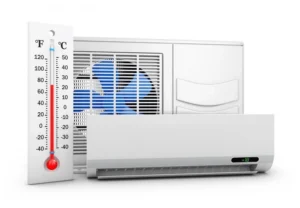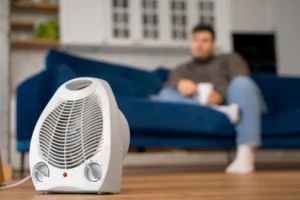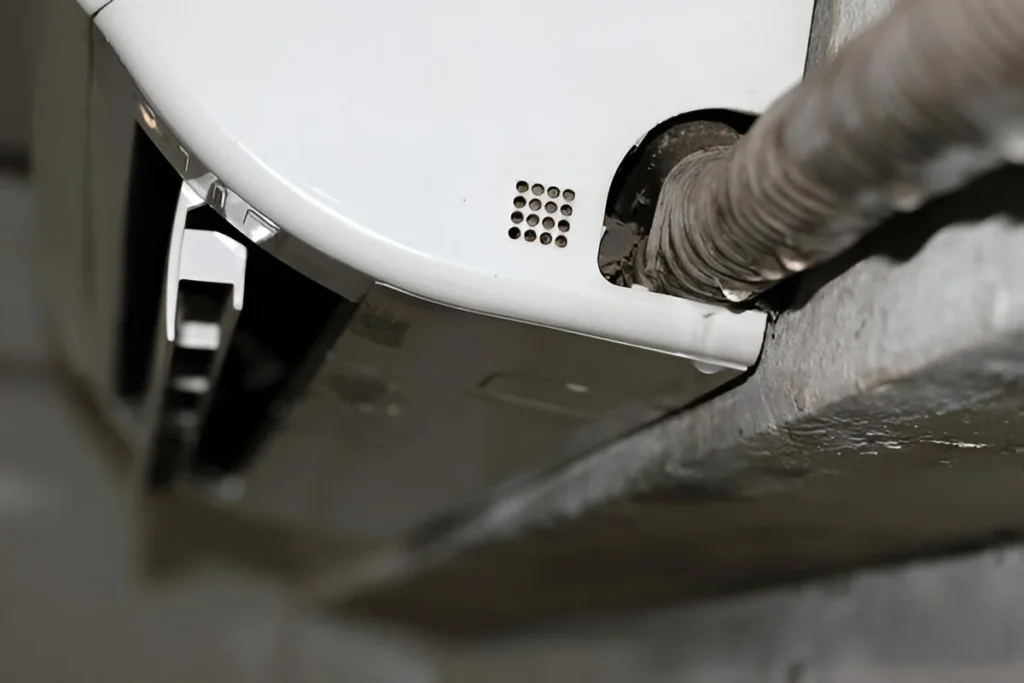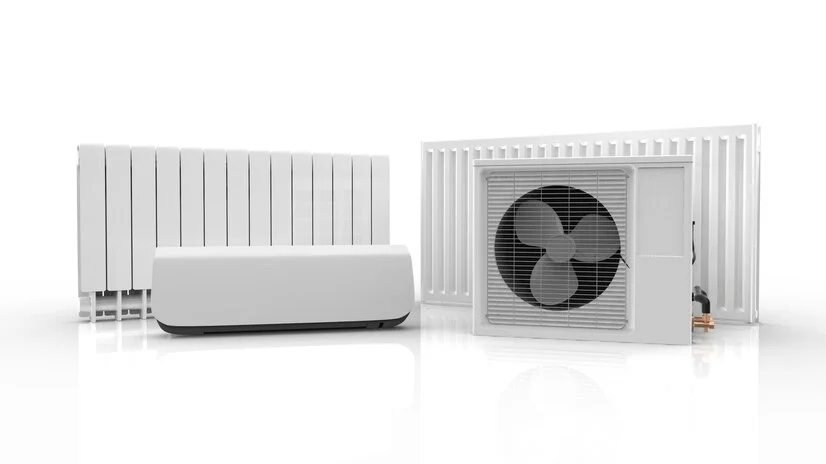An air cooler is a cost-effective and eco-friendly way to stay cool, especially in regions with hot and dry climates. However, to get the most out of your air cooler, regular maintenance and a few smart adjustments can significantly enhance its cooling efficiency. If your air cooler is not performing as expected, it might not be due to a technical fault—simple optimizations can make a huge difference.
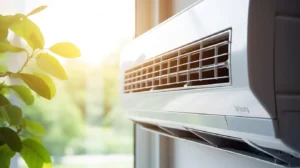
In this guide, we’ll explore practical ways to improve air cooler efficiency and ensure you get maximum cooling comfort at home.
How Does an Air Cooler Work?
Before diving into the solutions, understanding the working mechanism of an air cooler helps in identifying what may be affecting its performance.
- Air coolers use the evaporative cooling method. Water is absorbed by cooling pads, and when air passes through these wet pads, it evaporates the water, lowering the temperature of the air.
- The cooled air is then circulated into the room using a fan or blower.
- Since air coolers rely on water evaporation, their performance is best in dry and well-ventilated environments.
If your air cooler isn’t cooling effectively, certain factors like improper placement, clogged cooling pads, or poor airflow could be responsible. Let’s explore ways to fix these issues and boost efficiency.
Best Ways to Improve Air Cooler Efficiency
1. Ensure Proper Ventilation
Unlike air conditioners, air coolers require fresh air circulation to function optimally. To maximize cooling efficiency:
- Keep windows or doors slightly open to allow cross-ventilation.
- Avoid placing the air cooler in a completely enclosed space, as it will recirculate humid air, reducing its effectiveness.
- Position the cooler near a window to allow the intake of fresh, dry air.
2. Use Cold Water or Ice for Enhanced Cooling
- Filling the water tank with cold water or ice cubes can significantly enhance the cooling effect.
- Some modern air coolers come with ice compartments—use them to boost cooling on particularly hot days.
- However, avoid overloading the cooler with ice, as excessive ice can reduce evaporation efficiency.
3. Clean the Cooling Pads Regularly
Clogged or dirty cooling pads can restrict airflow and reduce cooling efficiency. To keep your air cooler in top condition:
- Clean the cooling pads at least once a month to remove dust and debris.
- If the pads appear worn out, consider replacing them for better absorption and cooling.
- Use honeycomb or wood wool pads for improved cooling performance.
4. Maintain the Water Tank Properly
Water quality plays a significant role in the efficiency of an air cooler. To keep your air cooler functioning smoothly:
- Use clean, fresh water to prevent scaling and mineral deposits.
- Change the water every two days to avoid bacterial growth and foul odors.
- Check for leaks in the tank and ensure the pump is functioning properly.
5. Keep the Fan and Blower Clean
Dust and dirt accumulation on the fan or blower can obstruct airflow, leading to reduced efficiency. To maintain optimal airflow:
- Wipe the fan blades regularly to remove dust buildup.
- If the fan is making unusual noise, lubricate its motor for smooth operation.
- Ensure the fan is not obstructed by objects or debris around the cooler.
6. Use an Exhaust Fan for Better Air Circulation
Installing an exhaust fan in the room can help remove excess humidity and allow the cooler to work more efficiently. This is particularly useful in humid conditions where excessive moisture can reduce the cooler’s performance.
7. Place the Air Cooler in the Right Spot
Positioning the air cooler correctly can make a significant difference:
- Avoid placing the cooler directly against a wall, as it restricts airflow.
- Place it near a window or open space to ensure a steady flow of fresh air.
- Ensure there are no obstacles blocking the airflow from the cooler.
8. Schedule Regular Maintenance
Routine servicing is key to ensuring the longevity and efficiency of your air cooler. Regular professional maintenance can:
- Detect issues early and prevent costly repairs.
- Ensure the cooling pads, motor, and water pump are in good condition.
- Improve energy efficiency, reducing electricity costs.
FAQs
1. Why is my air cooler not cooling properly?
There could be several reasons, including dirty cooling pads, poor ventilation, clogged fans, or low water levels. Regular maintenance and proper placement can resolve most of these issues.
2. Can I use an air cooler in a humid environment?
Air coolers work best in dry climates. In humid areas, an exhaust fan or dehumidifier can help improve performance.
3. How often should I clean my air cooler?
It is recommended to clean the cooling pads, water tank, and fan blades at least once a month for optimal efficiency.
4. Is adding ice to an air cooler beneficial?
Yes, adding ice to the water tank can enhance cooling, especially on extremely hot days. However, too much ice can slow down the evaporation process.
5. How can I make my air cooler work like an air conditioner?
While an air cooler cannot provide the same cooling effect as an AC, you can improve air cooler efficiency by ensuring proper ventilation, using chilled water, and keeping the unit clean.
Maximize Your Air Cooler’s Efficiency for Lasting Comfort
An air cooler is an excellent and cost-effective way to stay comfortable during hot weather. However, to get the best results, regular maintenance and smart placement are essential. Simple steps like keeping the cooling pads clean, ensuring good ventilation, and using cold water can make a significant difference in its performance.
If you notice persistent cooling issues despite following these steps, professional servicing might be necessary. A reputed AC repair services can help diagnose and resolve any underlying problems to ensure your air cooler works efficiently all season long.
By implementing these simple yet effective measures, you can enhance your air cooler’s efficiency and enjoy a cooler, more comfortable home environment.
.png )

